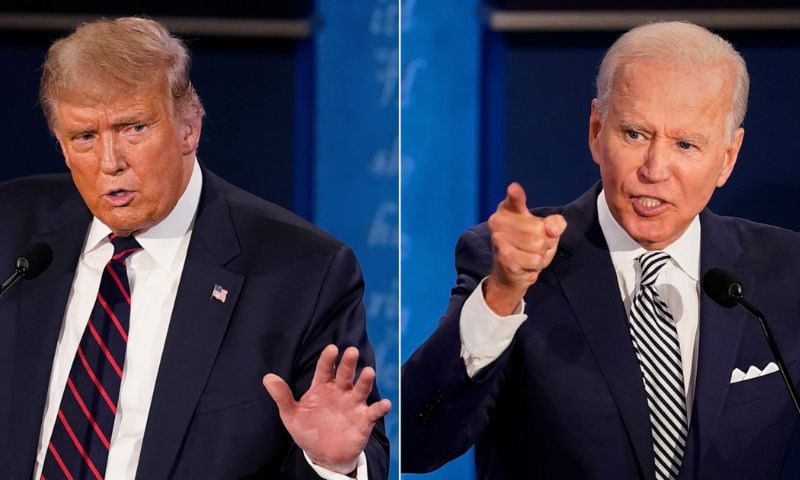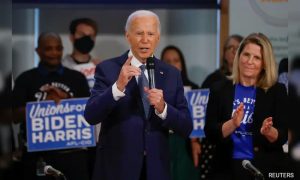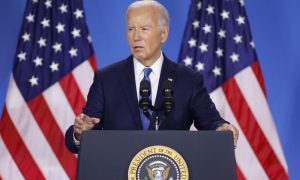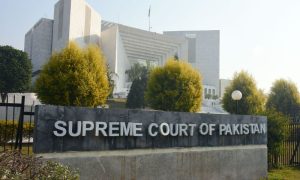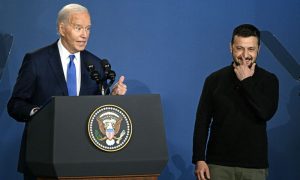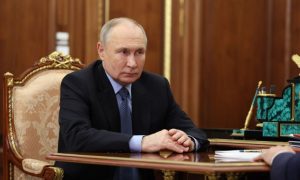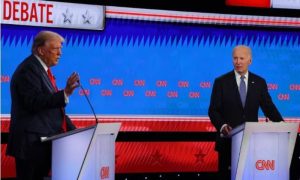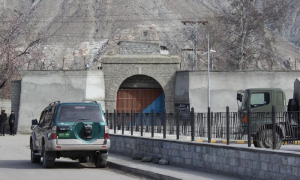WASHINGTON: US President Joe Biden challenged Donald Trump on Wednesday to “make my day” and hold two televised debates in June and September, with his Republican rival swiftly accepting the challenge.
Biden’s challenge came after months of sparring between the two camps over the format and timing of potential debates, with Biden opting for audience-free clashes hosted by news organizations.
In a video posted on X (formerly Twitter), Biden taunted Trump, saying, “Donald Trump lost two debates to me in 2020. Since then, he hasn’t shown up for a debate. Now he’s acting like he wants to debate me again. Well, make my day, pal. I’ll even do it twice.” Biden also referenced Trump’s ongoing criminal trial in New York, suggesting they pick dates when Trump is free on Wednesdays.
Responding swiftly, Trump accepted Biden’s challenge, stating on his Truth Social platform, “I am Ready and Willing to debate Crooked Joe at the two proposed times in June and September.” Trump, known for his combative debate style, described Biden as “the WORST debater I have ever faced” and called for a “very large venue,” despite Biden’s purported aversion to crowds.
However, Biden’s campaign simultaneously rejected the proposed dates for three debates in September and October, preferring the format of debates hosted by news organizations. Campaign chief Jen O’Malley Dillon cited changes in the election structure and the interests of voters as reasons for rejecting the traditional debate format.
Instead, Biden’s campaign proposed a one-on-one debate in late June, after Trump’s New York criminal trial concludes and after Biden returns from the G7 Summit. The second debate would be scheduled for early September, aiming to influence early voting while allowing candidates to remain on the campaign trail in the crucial late September and October period.
The letter from Biden’s campaign also outlined strict rules for the debates, including turning off candidates’ microphones when it was outside their allotted time to prevent interruptions and ensure orderly discourse.









